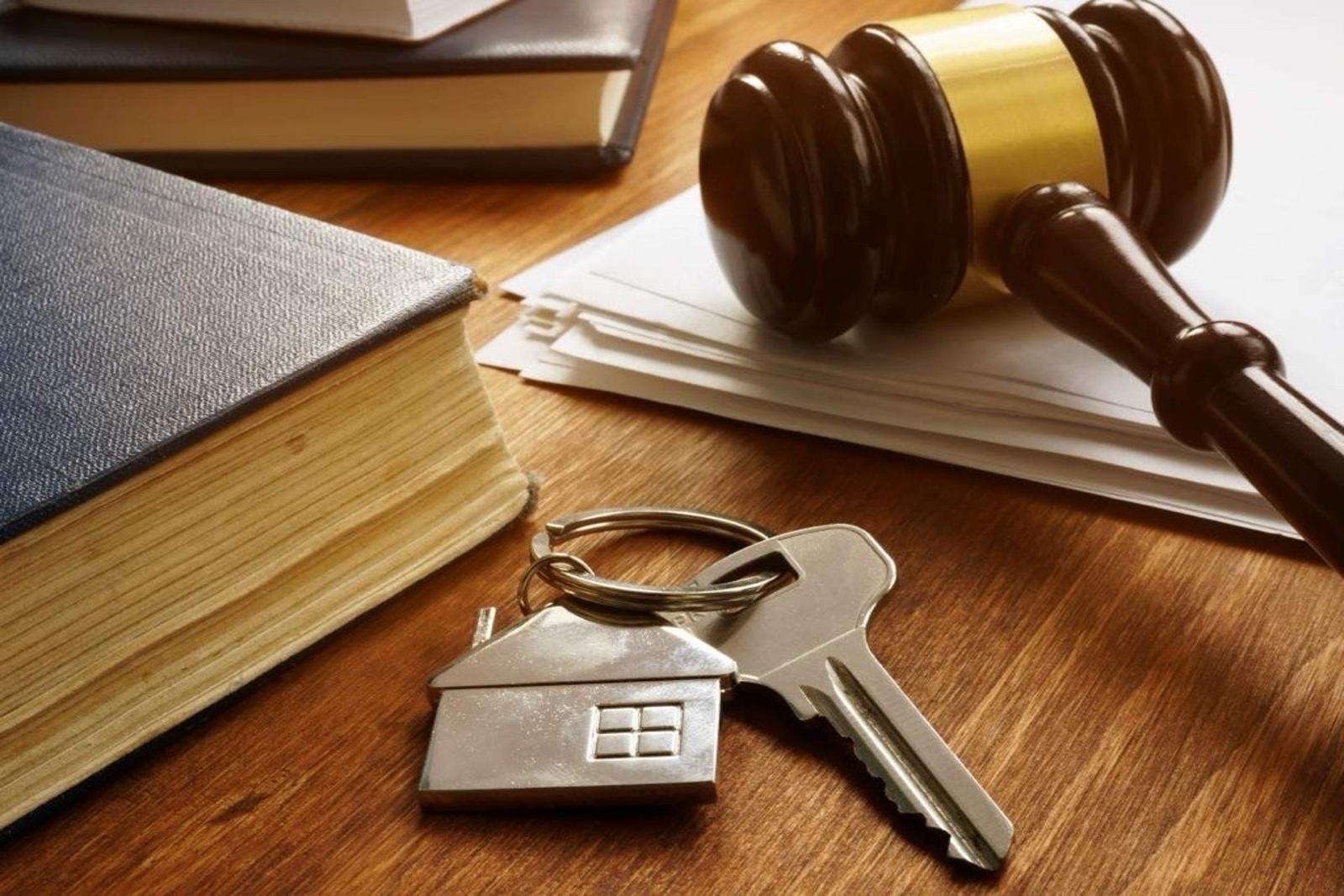Leasing a property in Malta can be a fruitful venture, however it’s important for landlords, as well as tenants, to understand their rights and legal responsibilities within the rental sector under Maltese Law.
As of January 1st, 2020, Malta implemented new rent regulations, in particular emphasizing the duration of rental contracts. The regulations were implemented with the aim to protect the rights of both the landlord and the tenant by maintaining transparency throughout their legal relationship.
Landlord’s Obligations
Landlords are afforded various rights and obligations that primarily pertain to the maintenance and financial aspects of their rental properties.
Firstly, Landlords must provide a habitable and well-maintained property which also meet health, safety and sanitary requirements. Although landlords are entitled to inspect the property to check whether the property is well-maintained by the tenant, they must give the tenant reasonable notice before entering.
Landlords must also respect the tenant’s right to peaceful enjoyment of the property which mean avoiding unnecessary intrusions and ensuring the tenant’s privacy is ensured.
Furthermore, in light of the recent amendments mentioned above, landlords must respect certain regulations regarding the rental process. It includes a minimum lease duration, mandatory registration of the agreement with the House Authority, and may only increase the rental amount at a maximum of 5% per year.
Landlord’s Rights
Landlords can seek legal eviction if a tenant fails to pay rent in a timely manner, or if other violations from the tenant’s occur whilst the rental agreement is still in effect.
The Legal Path to Eviction
Many landlords mistakenly believe they can change the lock or reclaim the property if the tenant fails to pay rent on time. However, under Maltese law, this would be considered to be a criminal offence if one takes the matter into his own hands without first resorting to legal remedies.
To legally evict a tenant, landlords must follow specific procedures as stipulated in Chapter 69 of the Laws of Malta. First, it is necessary to identify the grounds for eviction. Some grounds include, but are not limited to:
- non-payment of rent
- breach of rental agreement
- illegal activities
- if the lease period has expired and the tenant refuses to vacate the property.
When dealing with the above-mentioned circumstances, the landlord must first issue a notice to the tenant. If the tenant does not comply with this notice, the landlord can proceed by filing a lawsuit in front of the Rent Regulation Board. Both the landlord and tenant will have the opportunity to present their submissions, and the Board may, through special summary proceedings, also order the eviction of the tenant during the first hearing.
By following these steps, landlords can ensure that the eviction process is conducted legally and fairly, respecting the rights of both parties involved.
Tenant’s Rights and Responsibilities
On the other hand, tenants have the right to be treated fairly and without discrimination. They also have a right to ask the landlord to register the rental agreement with the Housing Authority if the latter does not register it within the stipulated time-frame by law.
Tenants are responsible for keeping the property in good condition and must notify the landlord immediately if any extraordinary repairs need to be executed.
Lastly, and as mentioned above, tenants cannot be evicted without a court order. Any attempt by the landlord to forcefully remove the tenant or change the locks is contrary to the law. The tenant would in this scenario have a right to sue the landlord for any damages suffered due to the forced eviction.
Common Contractual Clauses and their Legal Standing
In many rental agreements, there are usually generic clauses which stipulate that if rent is not paid on time, the landlord can reclaim back the keys of the property and change the locks. However, this clause is legally unenforceable as it is contradictory with existing rental laws. Although landlords retain the right to reclaim their property, they must do so through legal channels.
At SMM Group, we offer comprehensive support to guide you through every step of the rental process. Our services include both online and in-person consultations, tailored to meet your needs. For assistance, get in touch by filling in our contact form or reach out to us via email at info@smmgroup.com.mt or call us at (+356) 2123 7167.

